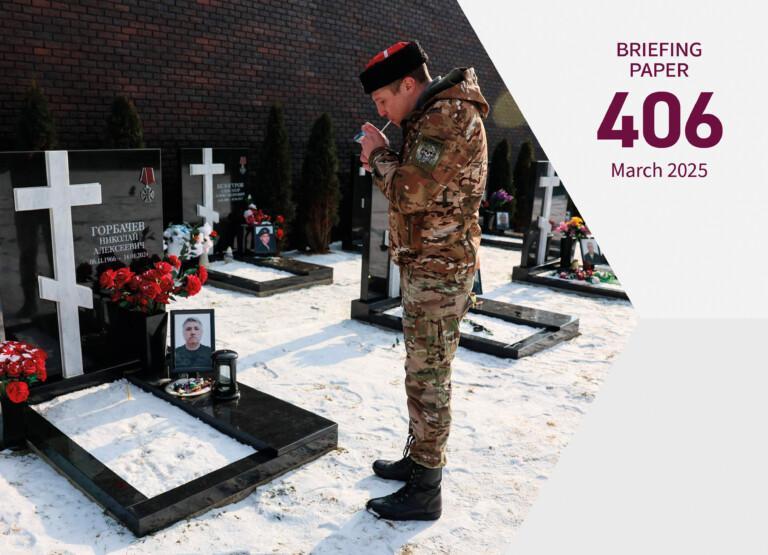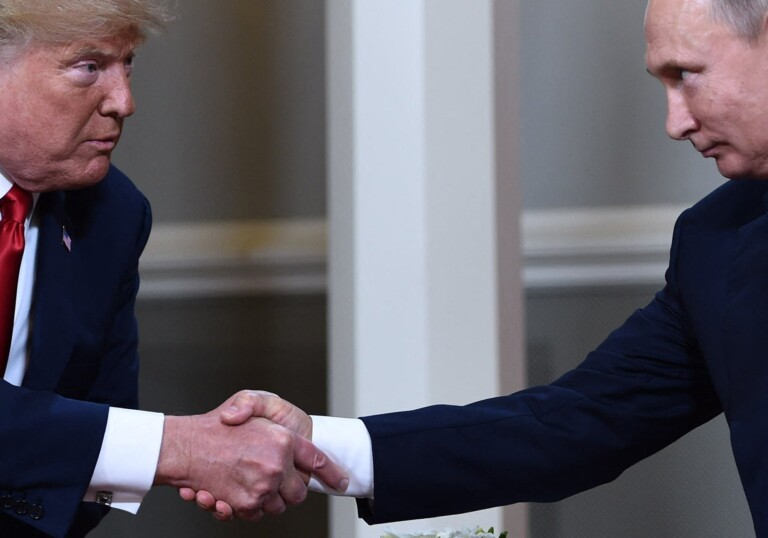
The parliamentary elections on October 8 were evidence of Georgia’s growing stability, yet major challenges lie ahead: the shortcomings of the political system, the disconnect between Georgia’s elites and society at large, and economic troubles will all need to be addressed.
Georgian Dream – Democratic Georgia (GDDG), the ruling party, scored a decisive win in the parliamentary elections and remains in power. GDDG received 48.6% of the votes, followed by the United National Movement (UNM) with 27%. The third and final party to enter parliament will be the pro-Russian Alliance of Patriots with 5% of the votes. The results of the forthcoming run-off in 51 majoritarian districts may bring GDDG a constitutional majority in parliament.
The elections, which were held under a semi-presidential constitutional structure for the first time, were generally found to be free and fair by international observers. With just a few exceptions, the elections were conducted in a peaceful manner, in contrast to previous occasions when they were driven by fierce confrontation between the government and the opposition, often accompanied by demonstrations and violence.
Overall, these elections confirm that Georgia is arguably the farthest removed country in the post-Soviet space from the widespread ills of authoritarianism and bad governance. To sustain this trend, however, the government must address major political and socio-economic issues.
Deepening the political reforms will be the first priority. Opinion polls showed an extremely high number (up to 57%) of undecided voters before the elections, which reveals a widespread dissatisfaction with Georgia’s political institutions
and major parties, as well as a widening gap between the political elites and the people. The campaign was dominated by UNM-GDDG bitter rivalry, in which feuding, accusations, political and physical attacks and populism still persisted, but held much less appeal for the broader public. Clearly, the political parties need to move beyond their narrow focus and better connect with society and its needs.
Furthermore, questions can be raised with regard to the quality of Georgia’s democratic institutions. GDDG’s kingpin, Bidzina Ivanishvili, continues his informal control of major political institutions, which is detrimental to Georgia’s fragile democratic development. Security and judicial institutions are insufficiently independent. During the election campaign, audiotapes of opposition politicians’ conversations were leaked showing the government’s extended surveillance; phone tapping remains a systemic problem. Rustavi 2, the main opposition media, has been under large-scale attack by the government. Moreover, UNM, the main opposition party, is under continued pressure, with some of its key figures under criminal investigation.
Building a functioning economy is the second major challenge. Georgia’s new-found status as an upper-middle-income country in the World Bank classification, as well as the increased amount of foreign investment and tourists visiting the country are positive signs, but growth is relatively sluggish, less than 3% GDP in both 2015 and 2016, creating few jobs. In a country where close to 40% of the population are un- or under-employed and 21.4% live below the relative poverty line, political stability will remain fragile unless the government systematically addresses the fundamental causes of these problems. Moreover, the growing fiscal and balance of payment deficit and high levels of external debt pose significant macroeconomic challenges.
Solutions will not be easy to come by. The economy is reliant on foreign trade and remittances from abroad, making Georgia’s growth unsustainable and overly dependent on external markets. The tourism sector, which is one of the major sources of employment, reached a record high in 2016, but is vulnerable to the country’s volatile neighbours.
The domestic situation is further complicated by a precarious geopolitical environment. Only recently, tensions in Turkey and Azerbaijan-Armenian hostilities escalated, while problems with Russia are not likely to go away. Although relations with Russia improved under Georgian Dream’s regime, Russia’s capacity to destabilize the situation remains high. For instance, South Ossetia announced its decision to hold a referendum on joining the Russian Federation soon after its own de-facto Presidential elections, which will take place in January 2017.
In this situation, the EU remains the key partner, and Euro-Atlantic integration the key goal. Under GDDG, Georgia continues to develop ties with NATO, which set up a regional NATO training centre in Tbilisi in 2015, while the US signed a defence and security partnership agreement last July. The Association Agreement (AA) and the Deep and Comprehensive Free Trade Area (DCFTA) with the European Union are functioning. Added to this, the EU will soon deliver the promised visa liberalization for Georgia. Yet there are still ways to improve and better utilize the available instruments.
First, after Georgia is granted the visa-free regime, the EU and the government should make sure that it doesn’t lose its value as an instrument of conditionality, as was the case in Moldova. Second, the government should intensify implementation of its commitments undertaken under the AA. Thirdly, the DCFTA’s socio-economic effect can be improved. The EU should help small Georgian agricultural exporters in particular to adjust to the costly new standards. Up to now, most Georgian companies have not been interested in trading under the DCFTA. Only 6% have been willing, while the rest prefer other destinations, especially the recently re-opened access to the Russian market.
With the EU’s help, the government should continue reforms, better communicate their achievements and explain the available opportunities to the people. If they don’t, Georgia may simply become another grand design that bites the dust.









